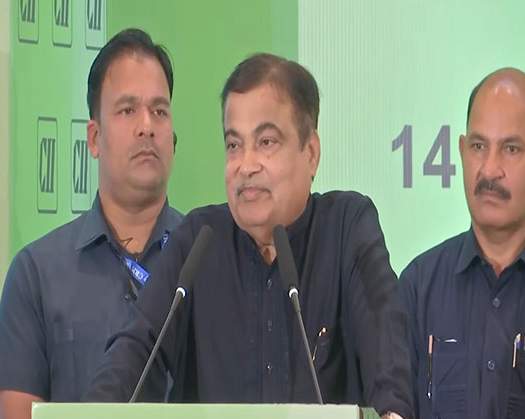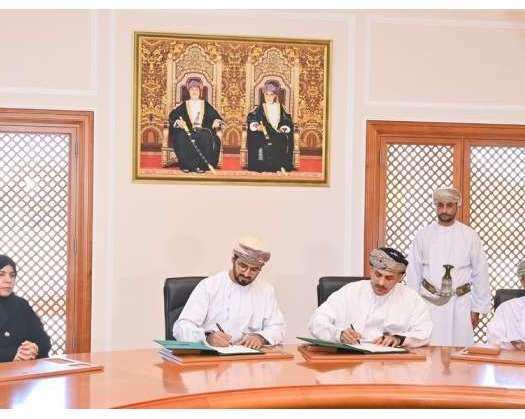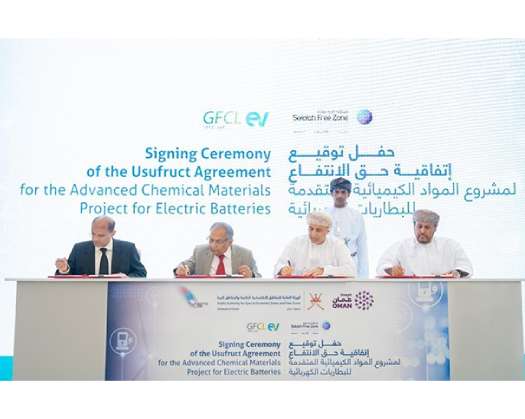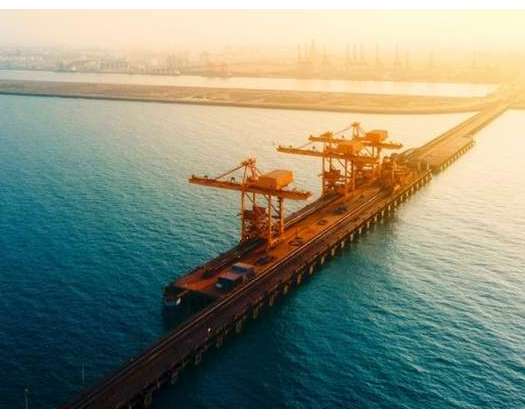New Delhi: Union Minister for Road Transport and Highways, Nitin Gadkari, on Thursday, disclosed that India is currently in the process of evaluating 360 proposals for rope ways and cable cars, with a total value of $7.93 billion.
He was speaking at an event titled "Financing of Cutting-edge Products from Germany, Austria, and Switzerland in the National Capital."
Gadkari highlighted that in addition to rope way and cable car projects, India is also undertaking over 300 tunnel projects. He extended an invitation to companies from Germany, Switzerland, and Austria to consider forming joint ventures with Indian entities for these projects.
"My recommendation is to pursue joint ventures. Given that India's per capita income is relatively low, and the purchasing power is not as strong, it is imperative that these ventures are structured in a manner that ensures economic viability. I am pleased to report that the total value of rope way projects has reached USD 7.93 billion," Gadkari stated.
He further expressed openness to suggestions aimed at resolving issues related to infrastructure projects. "I welcome suggestions. Should you wish to approach me, I am ready to listen and collaborate. Together, we can identify solutions. The potential of India is vast, and the possibilities are endless," Gadkari affirmed.
Gadkari emphasized the importance of economic viability in project execution. "In the realm of road construction, we are adopting various technologies. It is crucial to develop economically sustainable solutions while also safeguarding the environment and ecology," he added.
He also mentioned the focus on standardizing policies and transforming the rope way industry by encouraging the manufacturing of rope way components under the "Make in India" initiative.
In his speech, Gadkari underscored the need for the rope way industry in India to prioritize making these projects economically viable by reducing the overall project costs, thereby making them accessible to a wider audience.
He stressed the importance of concentrating on indigenous and cost-effective solutions that do not compromise on safety.












